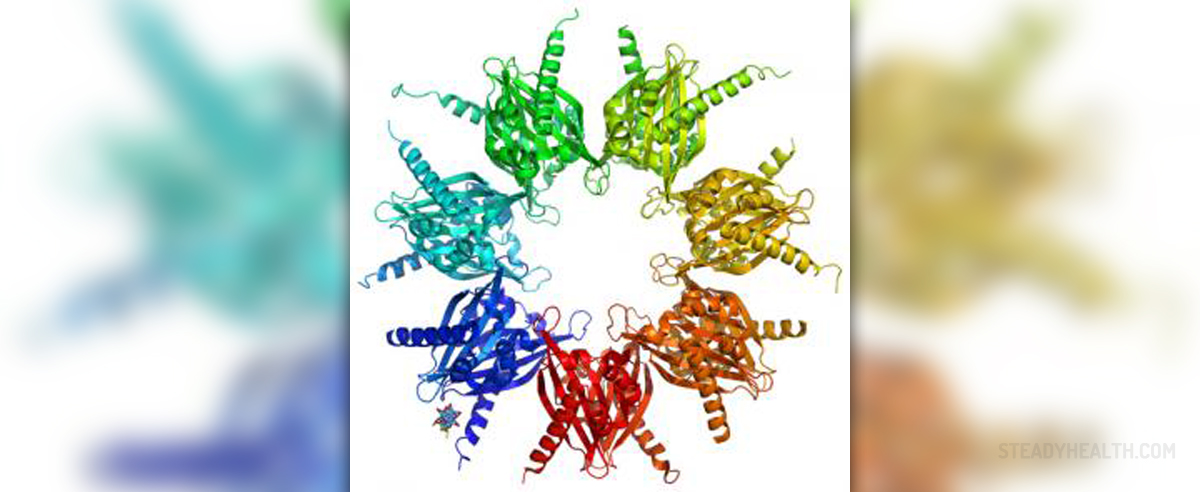
Whatare proteins?
Proteinsare the complex organic compounds. They are macromolecules, which meansthat they are made of hundreds or even thousands of congregated aminoacid molecules. They are the most important compound in our body asthey are responsible, directly or indirectly, for all sorts ofcontrol and function of the organism, on all levels, from thecellular level on.
Proteins,although extremely complex, are formed of just four atoms, which formindividual amino acids. These are carbon, hydrogen, nitrogen, oxygenand sulfur. All nitrogen in our body is located in amino acids andproteins.
Structureof proteins
Proteinsare amino acid polymers. Numerous amino acids are joined in a chain,and are held together by chemical bonds known as peptide bonds. Thesebonds can be broken by hydrolysis with an acid or an enzyme known asprotease enzyme. The function of the protein is determined by thesequence of amino acids in the polymer chain. There are no more thantwenty two amino acids that are found in proteins. Eight amino acidsare referred to as essential amino acids. These cannot be synthesizedby the human body, while all other can. The only way we can get theseamino acids is from the food we eat.
Proteinshave four levels of structure. Primary level is sequence of aminoacids in the chain. Other levels are determined by spacialarrangement of the chain, which twists and bends to form complexshapes within itself or together with another chain or chains. Thismultitude of possible shapes is what makes the proteins so important.Proteins can come in a myriad of shapes and thus perform variousfunctions, like a multi – tool. Many proteins can change theirshape while performing particular functions.
Glycoproteinsare proteins that are covalently bonded with carbohydrates.Glycoproteins have an important role in the body’s immune system.
Whatdo proteins do?
Proteinsare the building blocks of the body. For example, functions such asgrowth and repair of the tissues and muscles are dependent onprotein. Every cell in every organism on our planet has proteinmolecules in their structure. In human body, proteins are found,everywhere. Proteins form a good part of the skin, virtually all hairand nails, and are found even in teeth and bones. The function ofmuscles, ligaments and tendons is based on function of theirproteins. All organs of the body can work because proteins arepresent in them. All fluids in our body except bile and urine (unlessthere is some kind of medical disorder) contain proteins. Red bloodcells, which carry oxygen through the body, are almost completelymade of protein. Transmembrane proteins run the length of allcellular membranes and serve as “ports” for the cell. The transportof biological molecules and various other substances across themembrane would not be possible without these.
The dailyrequirement of protein is one gram of protein per kilogram of bodymass.


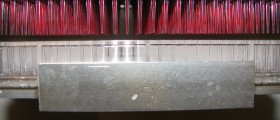
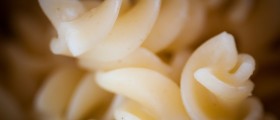

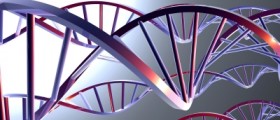

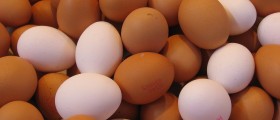
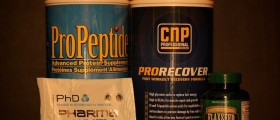

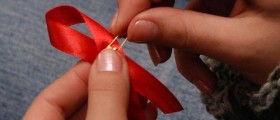

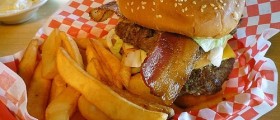
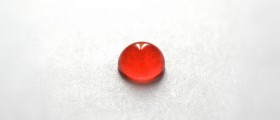


Your thoughts on this
Loading...